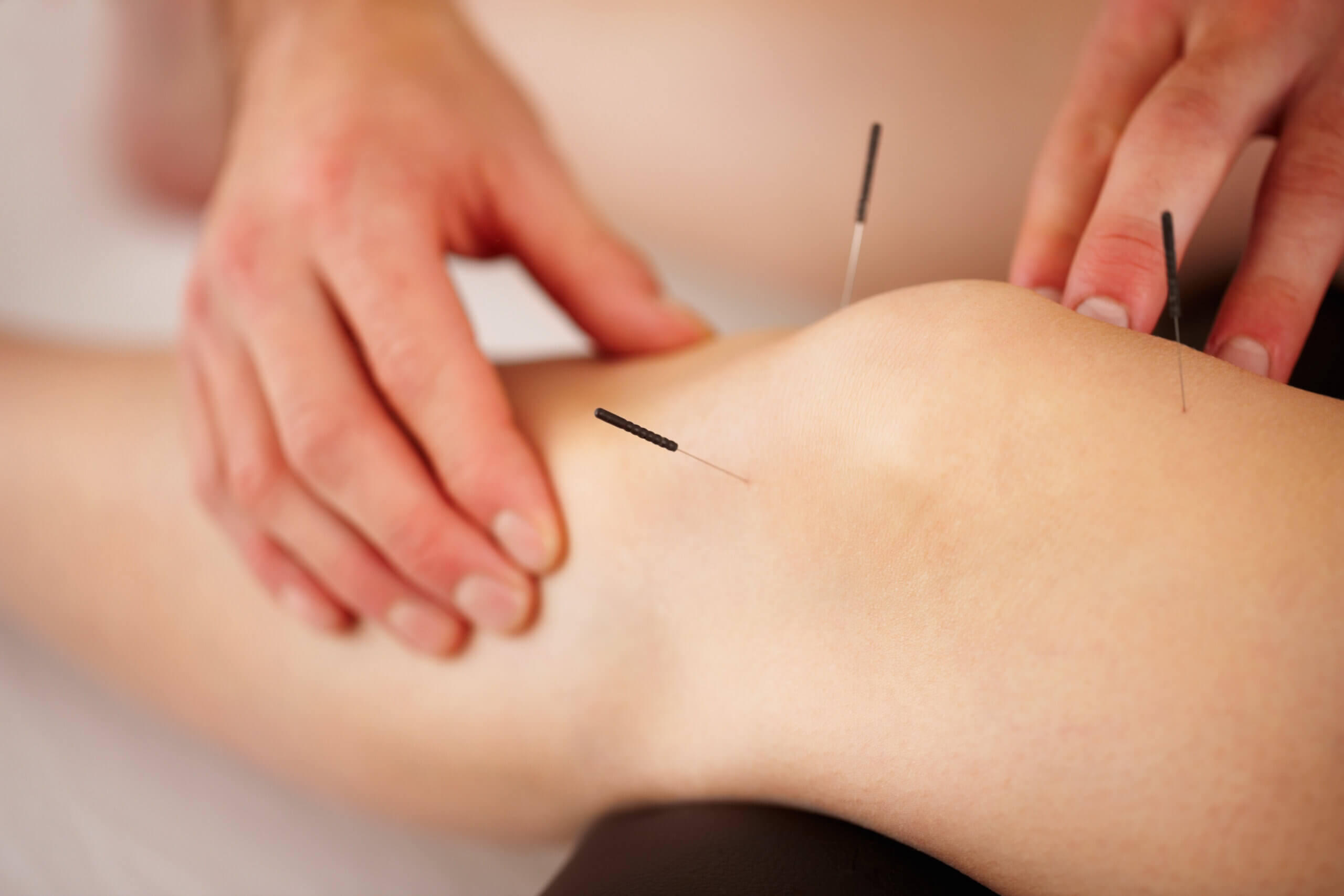Considering acupuncture is an ancient method of healing, used primarily in China and other parts of Asia, it is not surprising that in the Western world, acupuncture has become tangled with several myths. Our purpose today is to debunk these myths so patients can recognize acupuncture as the remarkable medical practice it is and take advantage of its numerous benefits.
Understanding Acupuncture
Acupuncture is based on the underlying philosophy rooted in the concept of Qi (pronounced “chi”), the force of life energy. According to traditional Chinese medicine, disruptions or imbalances in the flow of this energy through the body can cause illnesses or dysfunction. Acupuncture aims to restore this balance by enabling the free flow of Qi that promotes physical and emotional well-being.
Acupuncture is performed by inserting tiny needles at charted points along the pathways Qi travels. Where the needles are placed determines which part of the body is impacted by the treatment. The needles are inserted painlessly, left in for about 20 minutes, and then removed.
Debunking the Acupuncture Myths
Myth #1: Acupuncture Only Works as a Placebo
Fact: There are physiological reasons for acupuncture’s positive effects. Scientists have proven that acupuncture:
- Stimulates the central nervous system, triggering the release of endorphins
- Speeds the relay of electromagnetic signals, releasing immune system cells
- Triggers the release of natural opioids that act as analgesics
- Changes brain chemistry by releasing neurotransmitters and neurohormones
These factors explain why acupuncture reduces inflammation, relieves pain, and accelerates healing.
Myth #2: The Medical Community Thinks Acupuncture Is a Sham
Fact: For those who still suspect acupuncture is quackery at best and voodoo at worst, it may come as a surprise that the following well-respected organizations recommend doctors consider acupuncture as a productive alternative therapy for patients with chronic low back and/or other conditions:
- American College of Physicians
- United States National Institutes of Health (NIH)
- World Health Organization (WHO)
- National Center for Complementary and Alternative Medicine
At Long Island Spine Rehabilitation Medicine, our highly qualified physicians, who have gone through advanced training in acupuncture and complementary medicine at Harvard Medical School, have been successfully administering acupuncture to patients for many years.
Myth #3: Acupuncture Needles Cause Pain
Fact: Acupuncture needles are incredibly thin. Unlike sewing or hypodermic needs, or the needles acupuncture needles are as thin as a strand of hair and come in sterilized packaging. In the hands of trained practitioners, most patients barely feel their insertion and do not feel them at all once they have been placed. Acupuncture treatments are described as relaxing. Many patients doze off during the procedure.
Myth #4: Acupuncture Only Works for Pain
Fact: While acupuncture is well-known for its pain-relieving properties, it’s also effective in reducing inflammation, improving overall musculoskeletal function, and has been successfully used to address:
- Migraines and other headaches
- Digestive issues
- Chronic back and neck pain
- Osteoarthritis
- Rheumatoid and psoriatic arthritis
- Rotator cuff injuries
- Musculoskeletal pain and joint injuries
- Post-operative pain
Myth #5: Acupuncturists Have Little or No Training
Fact: This myth couldn’t be further from the truth. Only licensed acupuncturists or medical professionals with additional training in acupuncture are legally permitted to perform acupuncture procedures in the U.S. Laws vary somewhat from state to state; in New York, practitioners must have licenses from the NYS Department of Education.
Getting an acupuncture license requires 3 years of graduate school and 100 hours of clinical experience. Moreover, To retain an acupuncture license and certification, the practitioner must attend continuing education classes to keep their skills sharp and up-to-date.
Contact Our Experienced Acupuncturists Today
Now that you can differentiate between fact and fiction regarding acupuncture, consider whether this alternative therapy may be just what you’ve been looking for. Our doctors have found that acupuncture sometimes works remarkably well, whereas other therapies have had only limited success. Contact us now to discuss whether acupuncture is right for you.
